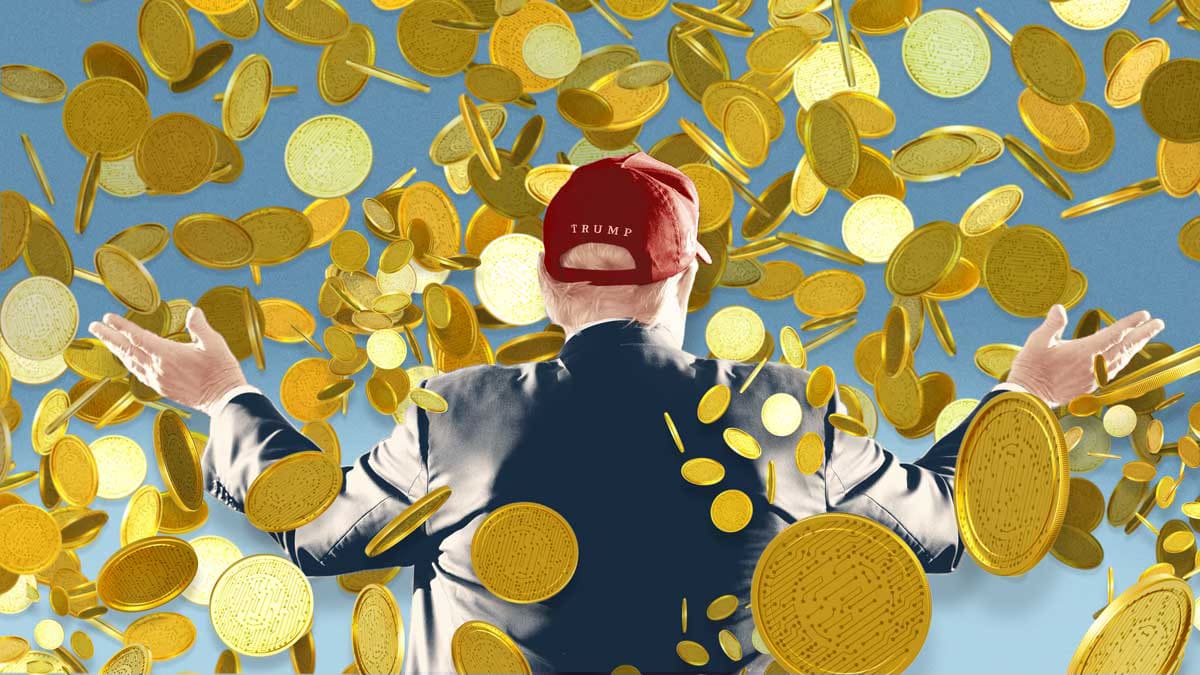In the cryptocurrency market, psychology rules
Determining why prices for stocks, bonds and commodities rise and fall often comes down to a matter of supply and demand. But with cryptocurrencies, a new and often volatile market dogged by allegations of illegal manipulation, market psychology can easily outweigh basic economic rules.
Prices for the most popular tokens including bitcoin, ethereum, litecoin and bitcoin cash each plunged by double-digit percentages on Friday ahead of the Christmas holiday.
Bitcoin's moves were especially dramatic. After starting the week at nearly $20,000, it had fallen to less than $11,000 on Friday morning -- a 25 percent drop over the previous 24 hours. It rallied back on Friday afternoon to $14,270, still leaving it with an 8.4 drop percent since Thursday. Prices were less than $1,000 at the start of the year.
Logic may not be the primary force at play here, but about the only logical explanation for the latest volatile price moves could be the technical glitches on Coinbase, the largest cryptocurrency exchange, that caused it to temporarily stop processing transactions and has delayed wire transfers for up to five business days.
The San Francisco-based company has previously experienced outages because of higher-than-expected traffic even though it says it has invested "significant resources" to upgrade its network and can now process more than 40 times the number of transactions during peak hours than it did earlier.
Further complicating the picture is the nature of cryptocurrency itself, which has uses as a storage of value like gold and as a vehicle for transactions like the dollar and the euro. These qualities make the market especially attractive to speculators.
"This is emotions at play," said David Mondrus, the CEO of Trive, which uses cryptocurrency to reward users who find fake news on the internet. "There is significant fundamental value behind bitcoin in terms of its utility and its value to society in general. Whether that value reflects its current utility or whether the prices have gotten ahead of it -- it's all market psychology."
Mondrus, who also is a cryptocurrency investor, likened the impact of the digital money on society to the invention of the printing press, which paved the way for the Protestant Reformation among other things and expects it to one day replace traditional forms of money like the dollar and the euro.
"There's an awful lot of amount of pent-up demand," he said.
Traders are also taking profits on bitcoin, which even with today's drop-off is still up 60 percent over the past month and are investing in so-called alt coins that potentially offer a better return, according to Alexander Kravets, a former Wall Street trader and co-founder of Xtrade, which is developing a cryptocurrency platform.
"Today also is a very quiet day because the holidays are coming up," he said. "Definitely liquidity is thin."
Despite bitcoin's meteoric rise, it almost goes without saying that any investor thinking of jumping into the market need to be cautious. Stephen Gandel of Bloomberg Gadfly noted that, when measured by valuation, bitcoin is four times more expensive than dot-com stocks were at the height of internet bubble in the 1990s.
And SEC Chairman Jay Clayton has urged investors to think twice before buying cryptocurrencies because of their lack of regulation.
"Your invested funds may quickly travel overseas without your knowledge," Clayton said in a recent statement. "As a result, risks can be amplified, including the risk that market regulators, such as the SEC, may not be able to effectively pursue bad actors or recover funds."



